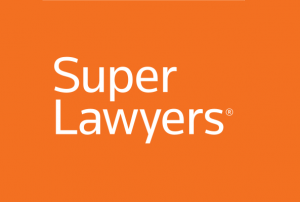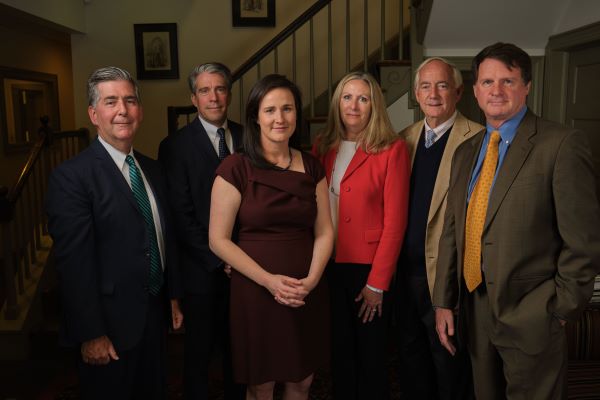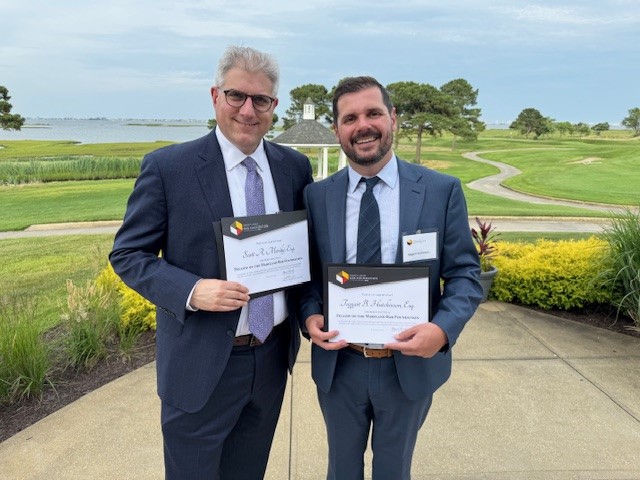 The Coronavirus Aid, Relief, and Economic Security (CARES) Act was passed by Congress and signed into law late last week. As a result, small businesses have spent this past week scrambling and reaching out to their banks and advisors to submit loan and grant applications with the hope of saving their business and avoiding bankruptcy. On April 3, 2020, the Small Business Administration (SBA) will begin accepting applications for the CARES Act’s Paycheck Protection Program (PPP) (as detailed in a post earlier this week), despite prevailing uncertainty and unanswered questions over the specifics of the law and how they apply to unique and distinct circumstances.
The Coronavirus Aid, Relief, and Economic Security (CARES) Act was passed by Congress and signed into law late last week. As a result, small businesses have spent this past week scrambling and reaching out to their banks and advisors to submit loan and grant applications with the hope of saving their business and avoiding bankruptcy. On April 3, 2020, the Small Business Administration (SBA) will begin accepting applications for the CARES Act’s Paycheck Protection Program (PPP) (as detailed in a post earlier this week), despite prevailing uncertainty and unanswered questions over the specifics of the law and how they apply to unique and distinct circumstances.
While the PPP offers small businesses a lifeline for surviving the COVID-19 pandemic as well as the subsequent economic fallout, it is not the only option that the CARES Act offers businesses to protect them from this sudden and unexpected disruption.
How the CARES Act Works
Under the CARES Act, the Economic Injury Disaster Loans (EIDL) program offers loans of up to $2 million to small businesses severely impacted by COVID-19. Similar to PPP loans, EIDL funds may be used to cover payroll, rent, utilities, health care benefits and other operating expenses. However, EIDL funds may also be used to pay fixed debts and other bills and accounts payable that cannot be paid as a result of the pandemic. The APR on EIDLs is 3.75% for small businesses (2.75% for nonprofits), and principal and interest is deferred at the Administrator’s discretion, based on the borrower’s ability to repay.
The highlight of the EIDL is the immediate advance of $10,000 in emergency relief that is funded within 3 days of submitting an application. The $10,000 is fully forgiven and not required to be repaid, irrespective of whether the EIDL is approved or not.
Eligibility is similar to the PPP loans. Businesses must have less than 500 employees, and they include certain nonprofits, sole proprietorships (whether with or without employees), independent contractors, cooperatives, employee owned businesses, and tribal small businesses.
How to Apply for Assistance
The SBA is accepting applications now. Businesses may apply via the SBA’s website, and by clicking “Apply for Assistance.”
Businesses that apply for and receive an EIDL may also apply for a PPP loan. However, if a business ultimately receives a PPP loan, they will need to roll their EIDL into the PPP, and the $10,000 advance they received would be subtracted from the amount forgiven in the PPP (the details of loan forgiveness under the PPP are detailed in our previous post). For businesses that have loans from both EIDL and PPP, that business may not use EIDL funds for the same purpose as its PPP loan, and vice versa.
In addition, for businesses located in Montgomery County, Maryland, the County Executive and the County Council have approved the Montgomery County Public Health Emergency Grant (PHEG) program. The PHEG program sets aside $20 million in funding to support businesses and nonprofits that have suffered an adverse economic impact from COVID-19. The County Executive is currently developing a system and regulations for the implementation of the PHEG program, but there is no other information available at this time. When information relating to this program is released, we will provide updates accordingly.
Please contact Chris Young with any questions you may have about the CARES Act, or with assistance in obtaining Emergency Injury Disaster Loan for your business.
Chris Young is an associate in the Business & Tax practice at Miller, Miller & Canby. He focuses his practice on corporate legal agreements, business formation, tax controversy work and helping clients deal with new tax regulations. View more information about Miller, Miller & Canby's Business & Tax practice by clicking here.







Share this Article: